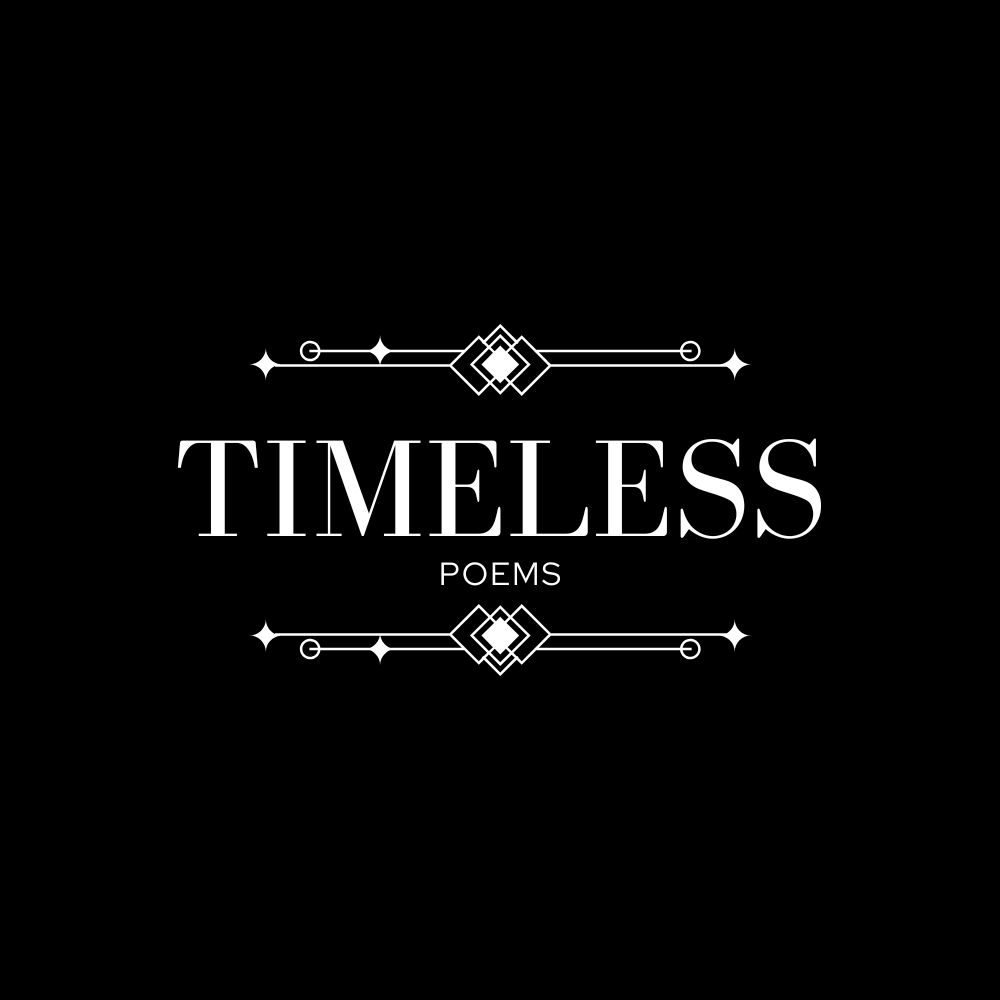The White Nove
The White Nove
2652
Shall I tell a story darling?
I know one very old
I For when I very was a little child
I used to hear it told
It is about a little boy
And the pigeons which he sold
His mother she was very poor
And kept a rich man’s gate:
Until he carriages passed through
There Jacob had to wait
Now, Jacob was a patient lad
A loving faithful son:
Of all the things the rich man had
He wanted only one
A pigeon with a crusted head
And feathers soft an silk,
With crimson feet and crimson bill,
And breast as white as milk
He had some pigeons of his own;
He loved them very well:
But, then, his mother was so poor
He reared them all to sell
He kept them in a little shed
That sloped down from the roofs
Great trouble had he every spring
To make it waterproof,
He used to count them every day
To see he had them all;
They knew his footstep when he came,
And answered to his call
And one-a chocolate colored hen- Was prettier than the rest,
Because there was a globe like gold
All round its throat and breast
You know, the little birds in spring
Balld houses, where they dwell
And feed and rear their little ones
And love each other well
So the black pigeons Jacob had
Were mated with the gray
And crested crown and ring neck made
Their next the first of May
The Lord had made each little bird
To love and need a male
And so the little chocolate hen
Was very desolate
And Jacob thought if he could get
The rich man’s milk white dove
And keep it always for his own- Now, Ilsten to me, love:
He wanted that which was not his,
That which another had
And so a great temptation grew
Around the little lad
The rich man had whole flocks of birds,
And Jacob reasoned so
“If I should take this one white dove
How could he ever know?
“Among ao many, can he mise
The one which I should take?
Antong so many, many birds
What difference can it make?”
But, darling, even while his heart
Throbbed with these wisnes strong
Amething always troubles him- He knows that it was wrong
Bo time passed on; he watched the dove- How every day it came
Nearer and nearer to the shed,
More gentle and more tame
He watched it with a longing eye;
At last one summer day
He saw it gettle on the roof,
As if it meant to stay
Now, Jacob seemed a happy boy
Said he: “It has a rigat
То снове a dwelling anywhere
Most pleasant in its sight”
And so he scattered grains of corn
And crumbs of wheaten bread
Because he thought the dove would stay
Where it was kindly fed
As time passed on the milk white dove,
Well pleased with Jacob’s care,
Soon learned to know him like the rest,
And seemed right happy there
One morning he had called them all
Around him to be fed
And on the ground he scattered corn,
And peas, and crumbs of bread
When, all at once, he heard a man
Outside the rond gate call:
“Boy, If these pigeons are for sale
I think I’ll take them all”
All! How It smote on Jacob’s ear
“I see there are but eight
If you will take eight shillinga down,
I’ll pay you at that rate
Now, at that moment all the birds
Were feeding in the sun;
But Jacob, In his startled heart,
Could thing of only one
And never since the milk white bird
Had Joined the chocolate hen
Had he felt in his innocent heart
As he was feeling then
“Come, hurry hurry!” said the man:
“I have no time to lose:
Between the shillings and the birds
It can’t be hard to choose”
Poor Jacob, having once begun
To do what was not right,
Forgetting he was standing In
His Heavenly Father’s sight,
And knowing how his mother had
A quarter’s rent to pay
Felt in his heart the sense of right
Was fading fast away;
When from the open cottage door
There came a murmuring low:
It was his mother’s morning hymn,
Solemn, and sweet, and alow
He listened, and a holy fear
Was wakened in his heart
And strength was given him that hour
To choose the better part
Then, turning to the stranger man
A frank, untroubled eye
He said: “But seven birds are mine- But seven you can buy”
“Oh,” said the man, “they go in pairs,
And will not suit me, then
So Jacob Bold him onlysix
And kept the chocolate hen
And when the evening shadows came
And dew was on the grass
He watched outside the garden gate
To see the rich man pasa
Close to his breast the milk white dove
He held with gentle care,
While many a soft caress he laid
Coon its feathers fair
And when at last the rich man came,
Poor Jacob, rendered bold
By feeling he was in the right,
His arless story told
Then after he had owred to all
The wrong which he had done
And the worst wrong he wished to do
He lifted to the sun
A happy, open, fearless face,
Waich won the rich man’s love,
Who kindly bade him always keep
For his the milk white dove
Soon Jacob, once more good and true,
Stood in his mother’s sight
The struggle of temptation past,
The wrong all turned to right
And, with his troubled heart at rest
Lay down upon his bed
And whiter wings than his white dove
Were round his pillow spread
